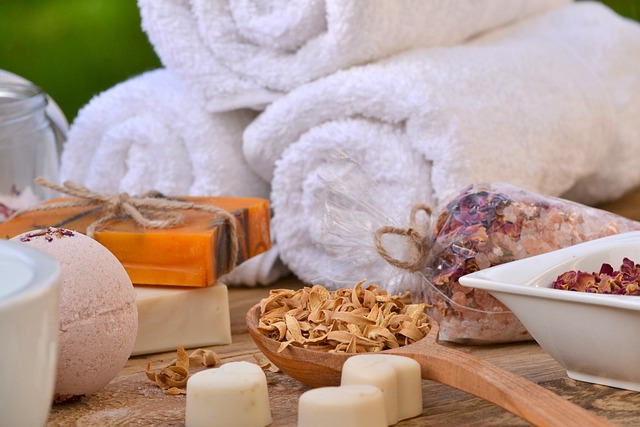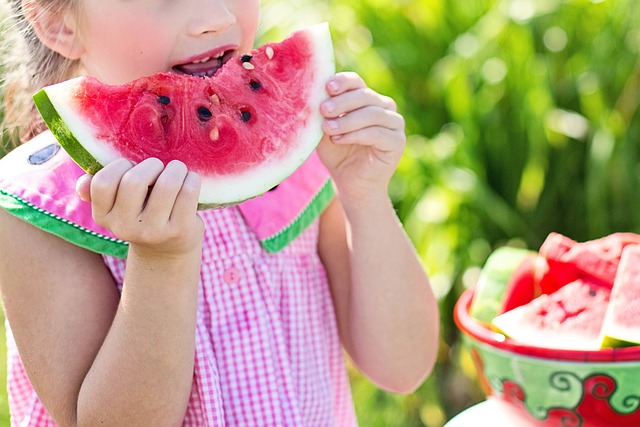
Springtime Stories for Young Kids
Spring is a season of renewal, growth, and adventure. It is the perfect time to introduce little ones to books that celebrate nature, animals, and new beginnings. *”The Very Hungry Caterpillar” by Eric Carle This book follows the journey of a tiny caterpillar as it eats its way through different foods before transforming into a butterfly. *”Planting a Rainbow” by Lois Ehlert This book introduces children to the magic of gardening and showcasing how seeds grow into colorful flowers. *”The Tiny Seed” by Eric Carle Another Carle favorite, this book follows a small seed’s journey as it travels through the seasons and grows into a towering flower. *”The Golden Egg Book” by Margaret Wise Brown This story follows a bunny











